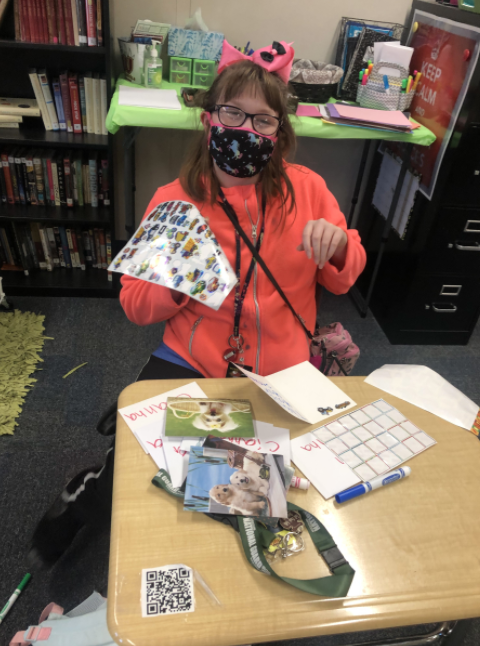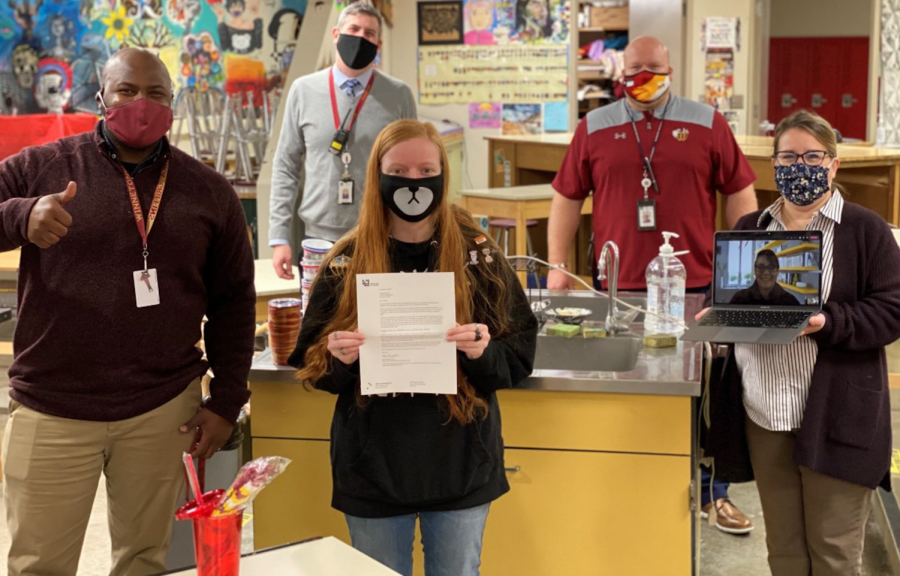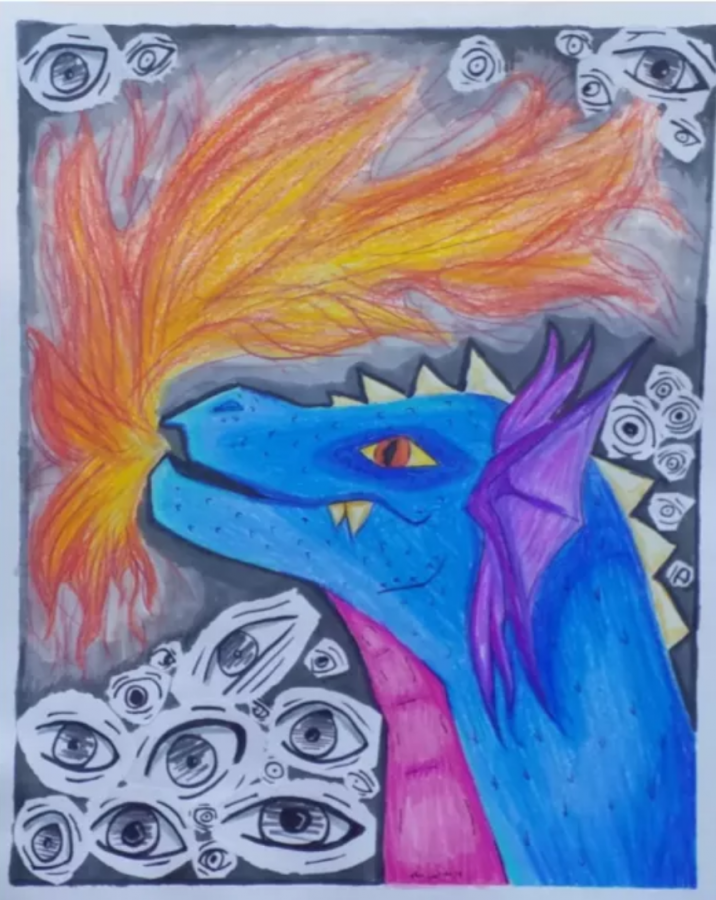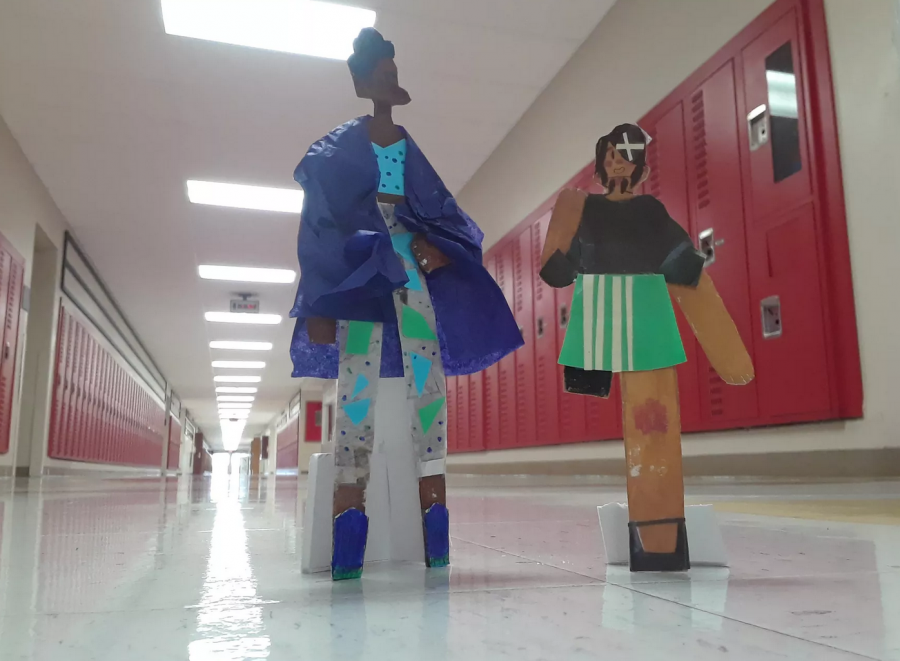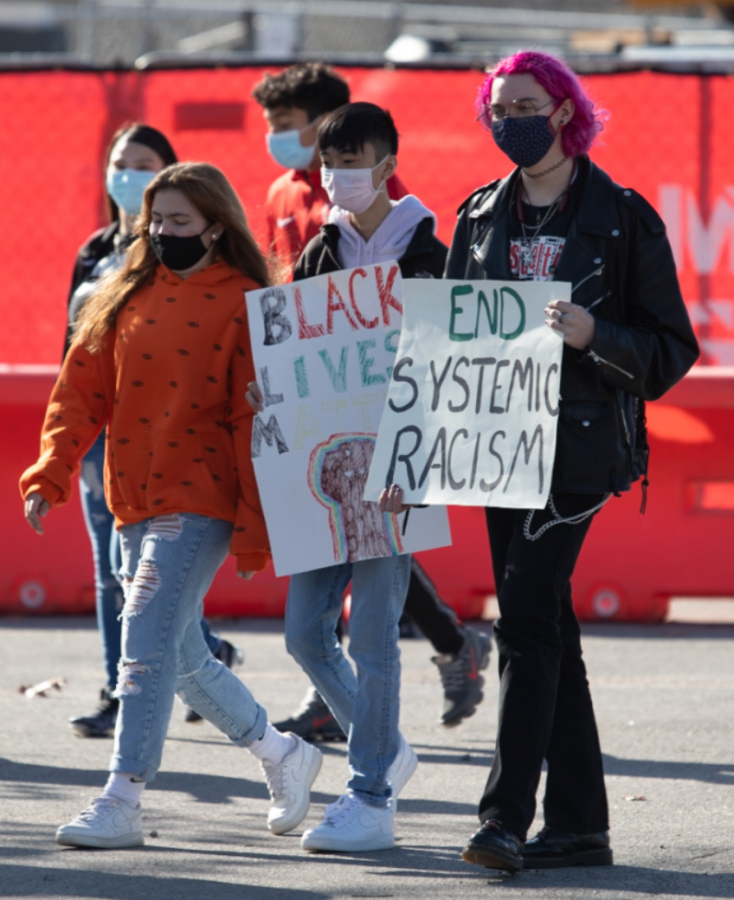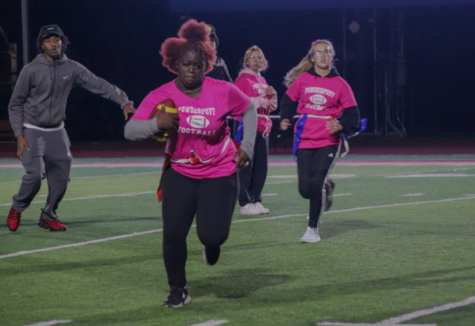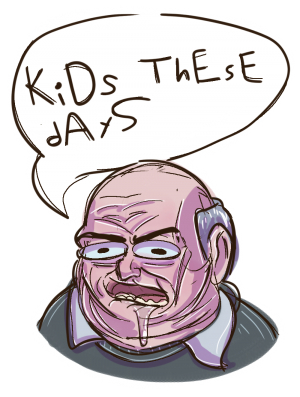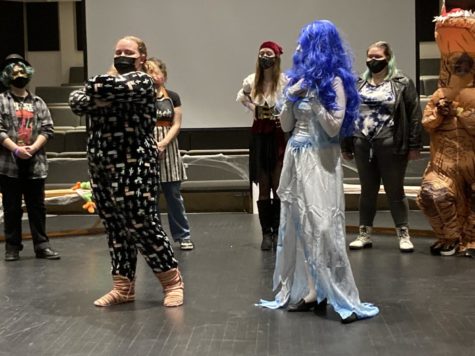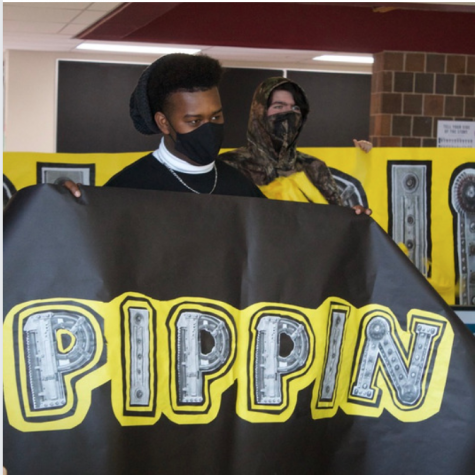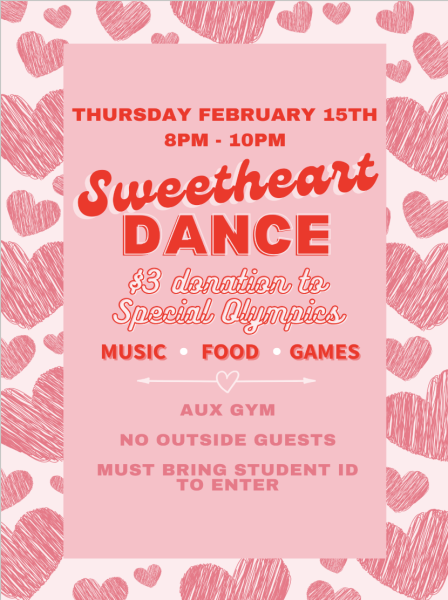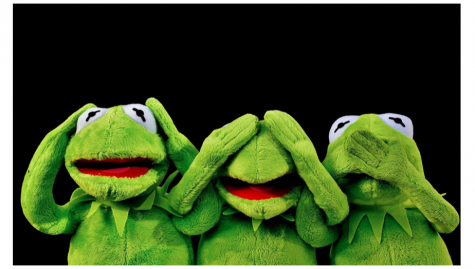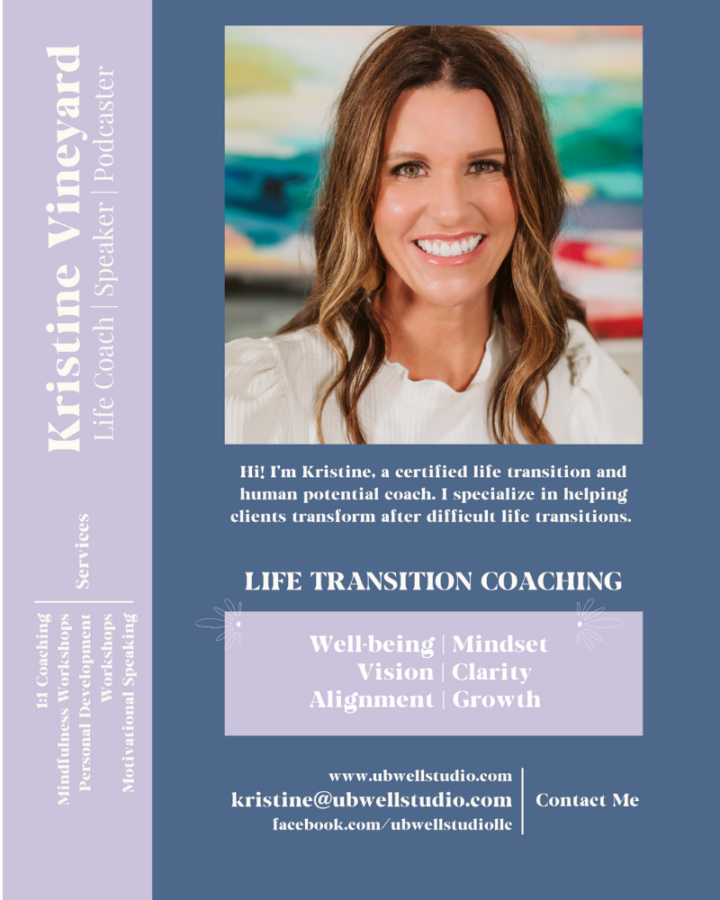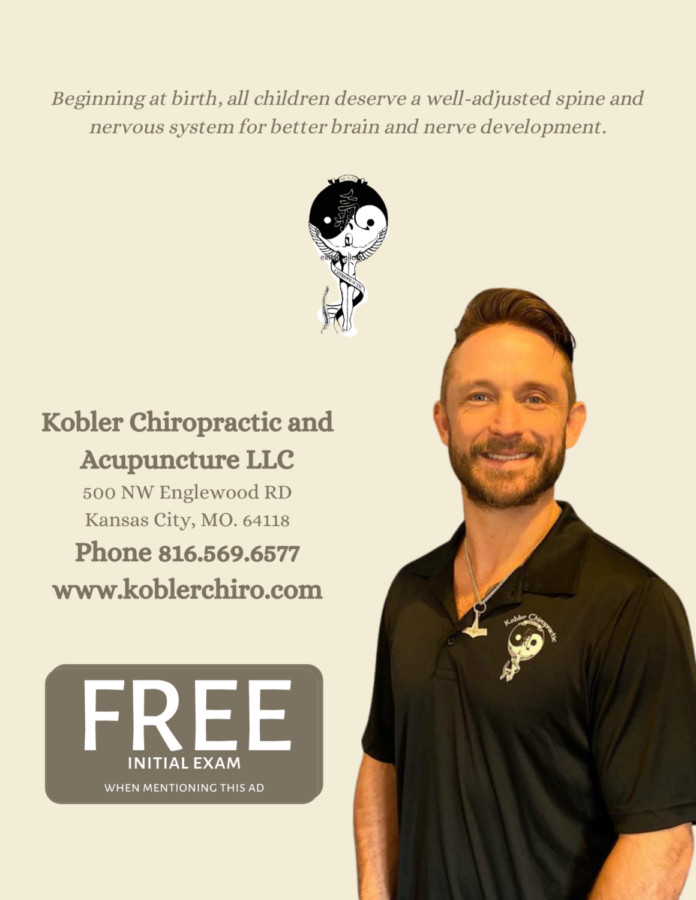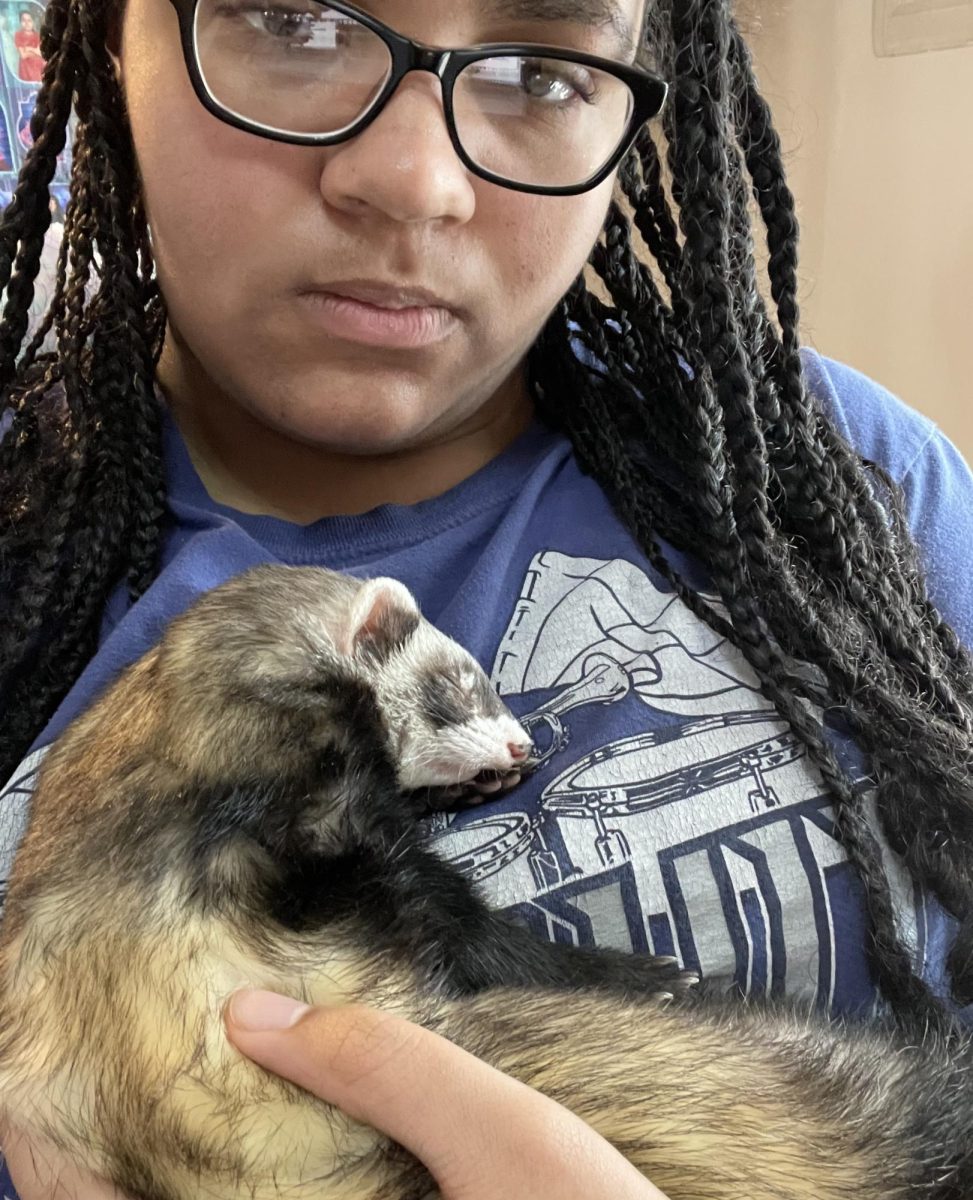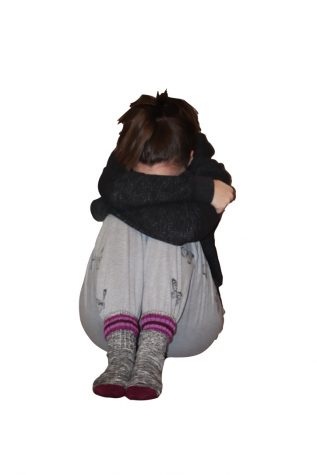Side effects may vary
Anti-vaccine movement has potential for serious repercussions
February 26, 2019
It was over two decades ago that Dr. Andrew Wakefield, a former gastroenterologist from England, formally published his study that implied a potential link between specific vaccines and developmental regression in children, in what various sources say was one of the most accredited journals of its time. Wakefield’s study, AIleal-lymphoid-nodular hyperplasia, non-specific colitis, and pervasive developmental disorder in children, introduced the first piece of hard evidence for the growing counterculture of the anti-vaccine movement whose skepticism still persists to this day.
However, on March 6, 2004, six years after the study was published, 10 of the 12 original co-authors issued a statement of retraction regarding the false implication that the Measles, Mumps and Rubella (MMR) vaccine potentially caused autism in the study’s subjects.
“We wish to make it clear that in this paper no causal link was established between MMR vaccine and autism as the data were insufficient,” the co-authors stated. “However, the possibility of such a link was raised and consequent events have had major implications for public health. In view of this, we consider now is the appropriate time that we should together formally retract the interpretation placed upon these findings in the paper, according to precedent.”
The General Medical Council (GMC) later banned Wakefield, the lead author, from practicing medicine in the U.K. after finding him guilty of multiple infractions regarding the honesty and ethicality of his study. Despite evidence that blatantly contradicts the assertion, the autism-vaccine misconception may still be one of the largest contributors to the post-2000s drop in child vaccination rates.
“Everyone has a choice,” Children’s Mercy Hospital pediatrics specialist Dr. Amy D’Angelo said. “While I may disagree with their choice and reasoning, I do not judge. Overall, parents want to do what is best for their kids. Unfortunately, many ‘research’ articles out there are very flawed and leave families with misinformed data. My job is to inform parents of the real evidence-based medicine to help them make informed choices.”
Parents are actively refraining from vaccinating their children in fear of the adverse side-effects that have been anecdotally associated with specific vaccines and their ingredients. However, a parent’s choice to not vaccinate their child can have consequences that affect others. When unvaccinated children engage in routine contact with a community, other individuals, such as those who are also unvaccinated or immunocompromised, are put at risk, as well.
For instance, New York City’s government health website reported that a recent, ongoing measles outbreak developed when an unvaccinated child returned to an Orthodox Jewish community in Brooklyn after contracting the disease during a visit to Israel. Since the initial outbreak, additional unvaccinated children returned to the Brooklyn community after being infected in Israel, ultimately resulting in three new cases as on Jan. 9, and a total of 58 cases since Oct. 2018.
Though the reasoning for the lack of vaccination in those Brooklyn children remains unknown (and cannot be assumed), it stands as one of many examples of how a community can be acutely enthralled by an outbreak when members remain unvaccinated. Furthermore, consequences of poor immunization rates have prompted the World Health Organization (WHO) to name the anti-vaccine movement as one of the top ten health threats for 2019.
“Vaccine hesitancy – the reluctance or refusal to vaccinate despite the availability of vaccines – threatens to reverse progress made in tackling vaccine-preventable diseases,” WHO stated in their online list, Ten threats to global health in 2019. “Vaccination is one of the most cost-effective ways of avoiding disease – it currently prevents 2-3 million deaths a year, and a further 1.5 million could be avoided if global coverage of vaccinations improved.”
Children, particularly infants and toddlers, of parents who choose to not vaccinate due to nonmedical exemptions have unfairly become directly involved in the anti-vaccine movement. The American Academy of Pediatrics, as of Jan. 1, 2019, recommends approximately 28+ vaccines throughout the first six years of a child’s life, including those that protect against chickenpox, diphtheria, hepatitis B, influenza, measles, mumps, pertussis, polio and rubella.
D’Angelo, who has been working at the Children’s Mercy Hospital Emergency Department for eight years, recommends everyone keep up with their vaccine schedule.
“You might be healthy, but nobody is immune to the devastation an illness can cause,” D’Angelo said. “I have personally held the hand of previously healthy children who died of influenza and pertussis. Almost all of the very sick kids that I have admitted to the hospital or ICU for a vaccine preventable illness were unvaccinated for that illness.”
Recent history shows a correlation between the rise of vaccinations and the decline in cases of relevant illnesses, and it can be said that the regulation of vaccinations has had a positive impact on the health of the world.
Likewise, as the number of unvaccinated people in a community increases, the likelihood of preventing, or stopping a devastating outbreak plummets. Though the consequences may not be visible in the next few years, the anti-vaccine movement is threatening to harm the health of future generations.
Student Opinions:
“Diseases are dangerous and vaccines do help protect us from them. There are some people who physically can’t get vaccines, so they rely on the immunity of others to not catch such diseases. It’s our duty to vaccinate ourselves, if we can, to protect those people,” senior Thomas Fee said.
“Schools should require vaccines and only accept medical complications as an exemption. Vaccines have been proven to prevent deadly or otherwise miserable diseases,” senior Ashley Smith said.
“Schools should have mandatory vaccines. They will help prevent illnesses and seasonal diseases and, I think, would increase student attendance during the sick, colder months. There could also be an increase in higher grades during finals, based on the fact that I know a bunch of people during their finals that were feeling sick and that caused them to not be at their best during this very important time,” junior Ross Baker said.
Sources:
https://www.cdc.gov/vaccines/schedules/easy-to-read/child-easyread.html
https://www.cdc.gov/vaccines/index.html
https://www1.nyc.gov/nyc-resources/service/8304/measles-outbreak-in-brooklyn
https://www1.nyc.gov/site/doh/health/health-topics/measles.page
https://journals.plos.org/plosmedicine/article?id=10.1371/journal.pmed.1002578
https://www.who.int/emergencies/ten-threats-to-global-health-in-2019
https://www.thelancet.com/journals/lancet/article/PIIS0140-6736(97)11096-0/fulltext




